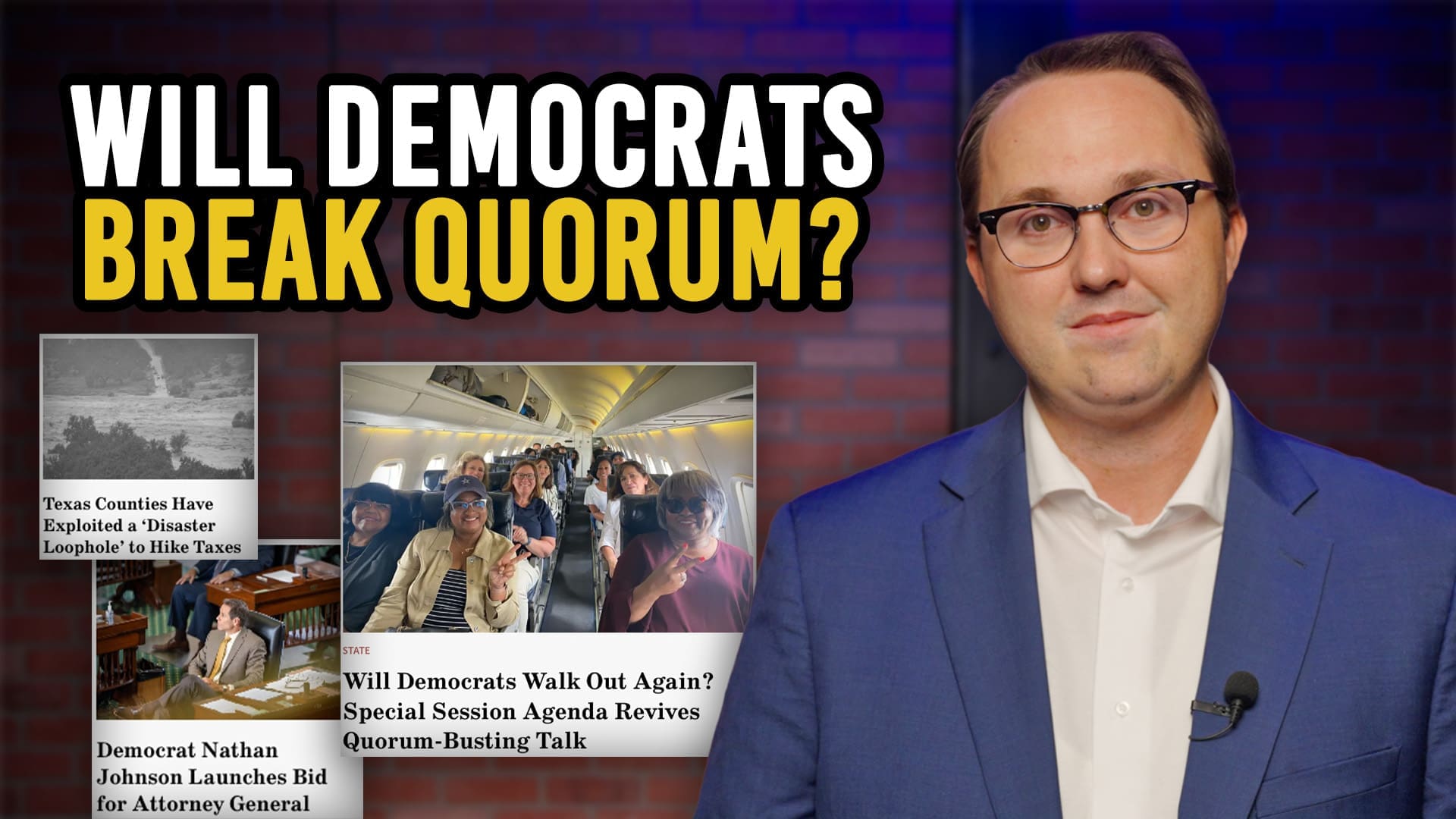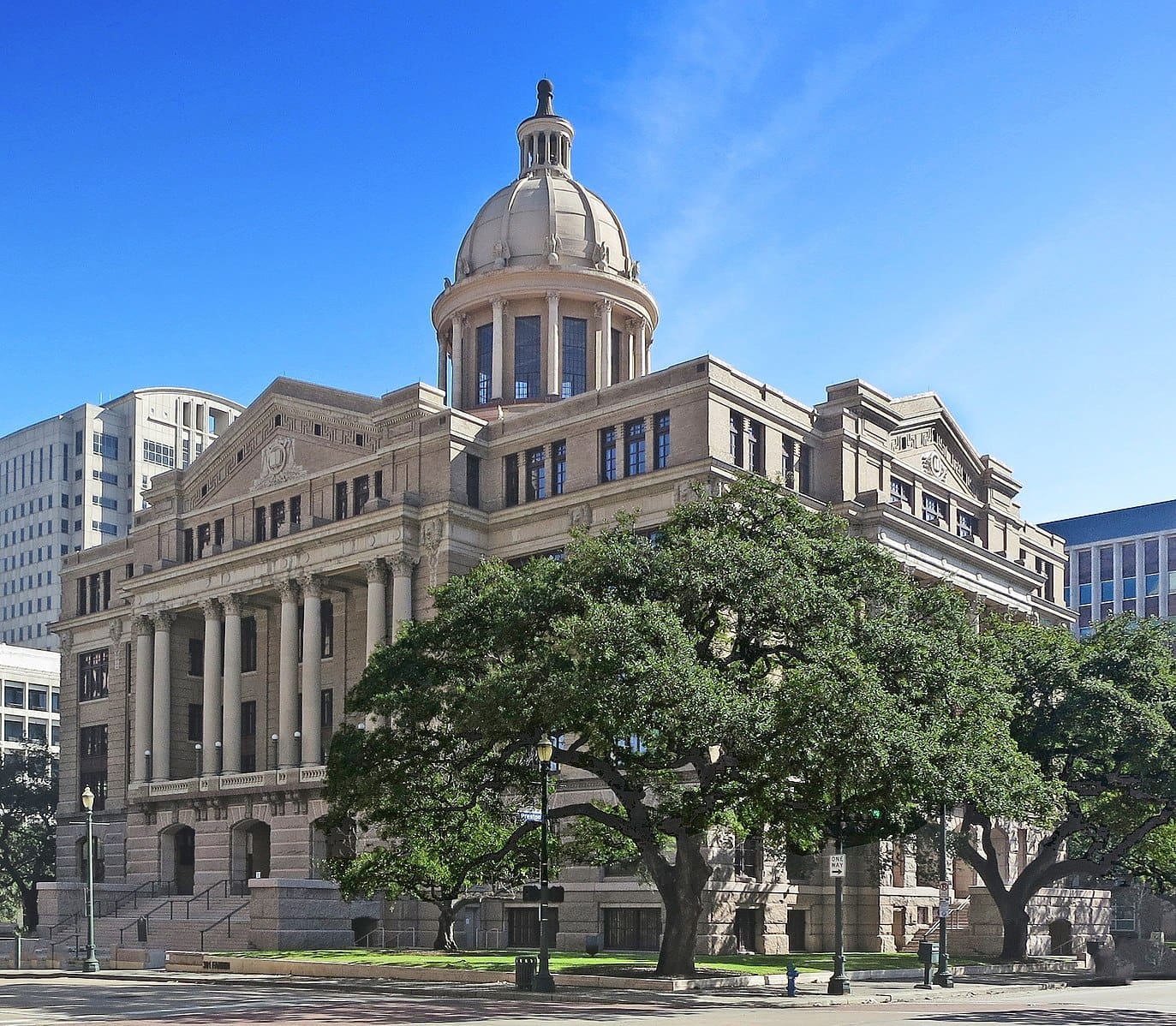“No taxation without Representation.” This was the rallying cry that precipitated the American Revolution against an English King who felt he could tax his subjects with impunity. The founding fathers were keenly aware of this problem and were very careful to take this into account when they wrote the U.S. Constitution. The concept that the power of the government was derived from the people was a new idea at the time. It was deemed very important that the people have direct representation in the governing of the country. That is why the members of the House of Representatives are only elected by the people and cannot be appointed by the states or other government entities.
In Article 1, Section 1, the Constitution states “that all legislative powers herein granted shall be vested in a Congress of the United States which shall consist of a Senate and House of Representatives”. This means that all laws should originate in the Congress and be voted upon by the Congress. The President can approve or disapprove of the legislation, but it has to be voted on by the representatives of the people first. This is why we have a representative form of government. Or at least we used to.
What has happened over the last 60 years is the growth of the government bureaucracies. The Alphabet Agencies that form the government bureaucracy have taken on the legislative powers once reserved only to the Congress. I have been told that these powers were delegated to these Alphabet Agencies through congressional action. That may be the case, but that does not make it legal. The Alphabet Agencies can propose regulations, but they cannot make them law without a vote by representatives of the people.
The 10th Amendment to the Constitution states “All powers not delegated to the United States by the Constitution, nor prohibited by it to the States, are reserved to the States respectively, or to the people.” There is nothing in the Constitution that allows any branch of government to delegate its power to another branch of government. If a branch of government gives up its right to any power it receives in the Constitution, then the power reverts back to the States or the people.
The Federal Bureaucracy is under the Executive Branch of government and reports to the President. The President is responsible for the operation of these agencies, but the Executive Branch does not have the power to pass legislation. It can determine how each agency is run, but it does not have legislative power. This power is reserved to the Congress.
For example, if any Alphabet Agency passes a regulation that effects the economy, it can be construed as a tax upon the people. The people may not pay the tax directly, but the effect on their income is the same. When the EPA wants to shut down all of the coal plants that generate electricity, this has a direct cost to the American people. In order for this law/regulation to take effect, it must be voted on by representatives of the people. This means that the House and Senate must agree to pass this legislation and send it on to the President. If the representatives of the people do not have a voice in this decision, then it is not binding. Since Congress has given up their power in this regard, the power is then returned to the States or the people. It can’t be given to an unelected and unaccountable branch of government.
What can we do to solve this problem?
I propose that Texas (and indeed all States) pass a law that all regulations suggested by the Alphabet Agencies be voted on by the Legislatures of the various States before they are binding in those states if the Congress of the United States has failed to vote on the issue. This is the only way we can maintain a representative form of government. This is in agreement with Article 1, Section 1 and the 10th Amendment of the U.S. Constitution.
This is also the only way to curtail the power now being exercised by the President and his Bureaucracy. This prevents the Executive Branch from making laws using the bureaucracy, whom it supervises and controls, instead of going through Congress and having representatives of the people vote on it. The intention was always “One man – one vote”, not “One man – one law”.
I am sure if such a law were to be passed, it would wind up in the Supreme Court, but I also think the idea is constitutionally correct. Our Constitution was written in English and distributed to the people. This was done so that all the people could read and understand the Law of the Land. It shouldn’t take a law degree to understand it. I would like to see someone point out where in the Constitution it allows one branch of government to delegate its power to another branch of government. To delegate the power means to give up the power and, once given up, the power then reverts back to the States or the people, not another branch of government.
If you have any questions or comments on this idea, contact me. I am more than willing and anxious to regain the people’s control of the government. I would like to have your support to write such a law and get it passed in the Texas Legislature.




